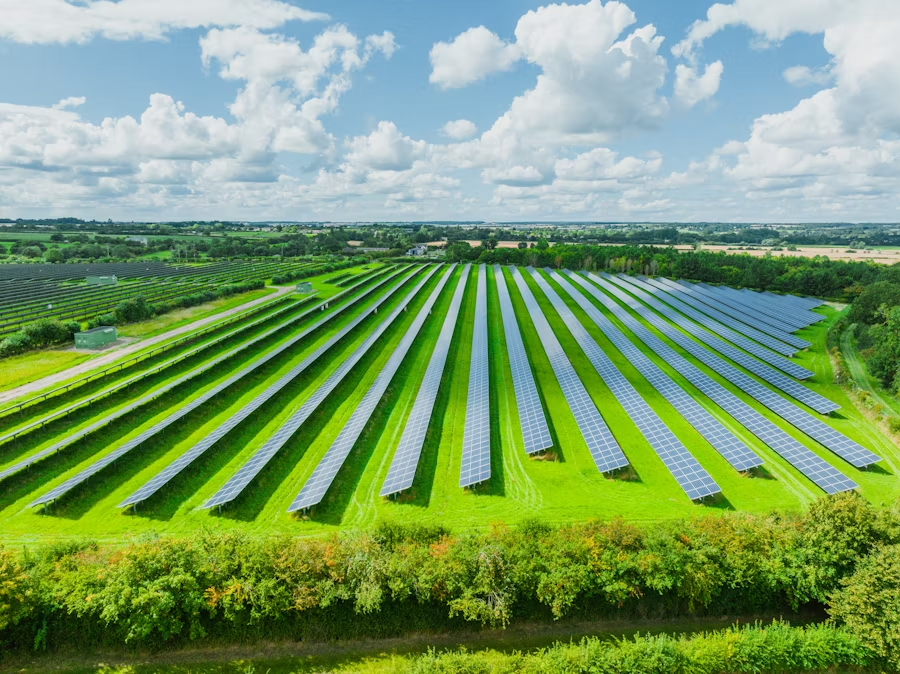It’s curious how politics changes people. They charge into office determined to save the world by their wisdom, compassion and shining character. Or at least talk plain common sense instead of burbling partisan rubbish. But before you know it they’re putting out press releases saying “Conservative Bill exempting farm fuels from the expensive carbon tax passes committee” as though it was the best news since the tomb being found empty. The sponsor said “This exemption is needed to reflect the realities of the entire Canadian agriculture industry and the undue financial burden the carbon tax places on all the necessary practices undertaken by farmers and ranchers like drying grain, irrigating crops, or heating and cooling livestock barns”. In short, agriculture is very GHG-intensive so it shouldn’t be penalized for emitting GHGs. Which would make sense if you said there was no climate crisis. Unfortunately the Conservatives do say there is one, which they can fight better than those awful Liberals with their “Liberal carbon tax.” Just don’t ask them how.
The same caution applies to the growing obsession with “climate reparations”. It’s all fine and good to fix history and bring the final triumph of cosmic justice, just don’t ask how it’s supposed to work. As Bjorn Lomborg groused, “Climate negotiations increasingly about $ from rich countries to poor/ Sad/ 1) Won’t fix climate/ 2) paying for developing countries not to develop/ And even then [quoting a New York Times story]: ‘There is also no guarantee that wealthy countries will deposit money into the fund.’”
At one point Reuters “Sustainable Switch” did fret that “Investments in the low-carbon technology needed to reduce planet-warming emissions in emerging markets sank in the past four years even as financing jumped in developed economies, according to a study released on Tuesday.” But then it burbled that “Building more clean power generation sites in emerging economies to help wean them off fossil fuels will be high on the list of priorities for world leaders gathering in Egypt for a United Nations conference from Nov. 6.” And we all know how that worked out.
It is of course absurd to believe that anything done at COP27 would have any impact on how many “clean power generation sites” are built in “emerging economies” in the next eight years. In the real world these things take a lot of time, from permit applications to connecting infrastructure to pouring (GHG-intensive) cement. But one thing is sure; if hundreds of billions of dollars from the climate change envelope are transferred from developed to “emerging” economies, then hundreds of billions of dollars fewer from that envelope will be used to subsidize inefficient alternative energy in the developed world, which if you believe the prospectus for wind and solar means their carbon emissions will not be reduced as much as they would otherwise be.
With its usual calm and balanced presentation the New York Times observed that “Negotiators from nearly 200 countries concluded two weeks of talks early Sunday in which their main achievement was agreeing to establish a fund that would help poor, vulnerable countries cope with climate disasters made worse by the pollution spewed by wealthy nations that is dangerously heating the planet.” But the spewy dangerous heating pollution is surely the real point, if you believe this line of argument.
By that measure, by the alarmists’ own standards, the whole issue of historical emissions, which now seems to obsess the climate woke, is a precipitous and permanent retreat from reality into the world of undergraduate seminar protest rally cosmic justice. It is surely clear that we cannot actually change the past and that, if we face a catastrophic climate heating breakdown havoc thingy, we must curtail future emissions. Even if “we” are those wonderful energy-intensive folks we call “farmers”.
Unless it’s all just posturing. Year after year.



The whole COP thing becomes a little more understandable once you realise that:
1. Developing nations are in it to get as much money as possible from whoever is daft enough to provide it, while
2. Western nations are there for virtue signalling, largely to the greenies back home in the hope of attracting their votes in the next election.
I predict that by COP 45 or thereabouts, small Pacific island nations such as Tuvalu will have achieved promises of about 15 trillion dollars per year in climate reparations, while having actually received zero dollars. Meanwhile Tuvalu and its companion island nations will be be much the same size/height above sea level as they are today.
A recent census put the population of Tuvalu at 11,342. There are approximately 5000 Tuvaluans living in New Zealand and something under 1000 in Australia. Let's say there are twenty thousand Tuvaluans in the world.
The land area of Tuvalu is 26 square kilometres.
For comparison, there's a city about 2-3 hours drive from me called Invercargill, with an area of 390 square kilometres and a population of nearly 60 000 people. Median house price there is NZD 450 000, maybe 25 000 households. Call it NZD 11 milliard for the houses. I don't know how much the roads and sewers and so on would be. So let's say that a city big enough to hold Tuvalu's population three times over is worth NZD 60 milliard.
By two routes (give each Tuvaluan NZD 1 million, estimated value of a comparable city) we arrive at a figure of NZD 20 milliard. At fair market value, we ought to be able to buy Tuvalu outright for ND 20 milliard (CDN 17 milliard). Move the remaining 2/3 of Tuvaluans to the Auckland region where they can join the 1/3 of Tuvaluans now living there. Problem solved. Set Tuvalu aside as a nature preserve, like the Kermadec Islands (which are BIGGER than Tuvalu). This has GOT to be better than paying reparations, no?
It all started with the Nigerian Prince scam.